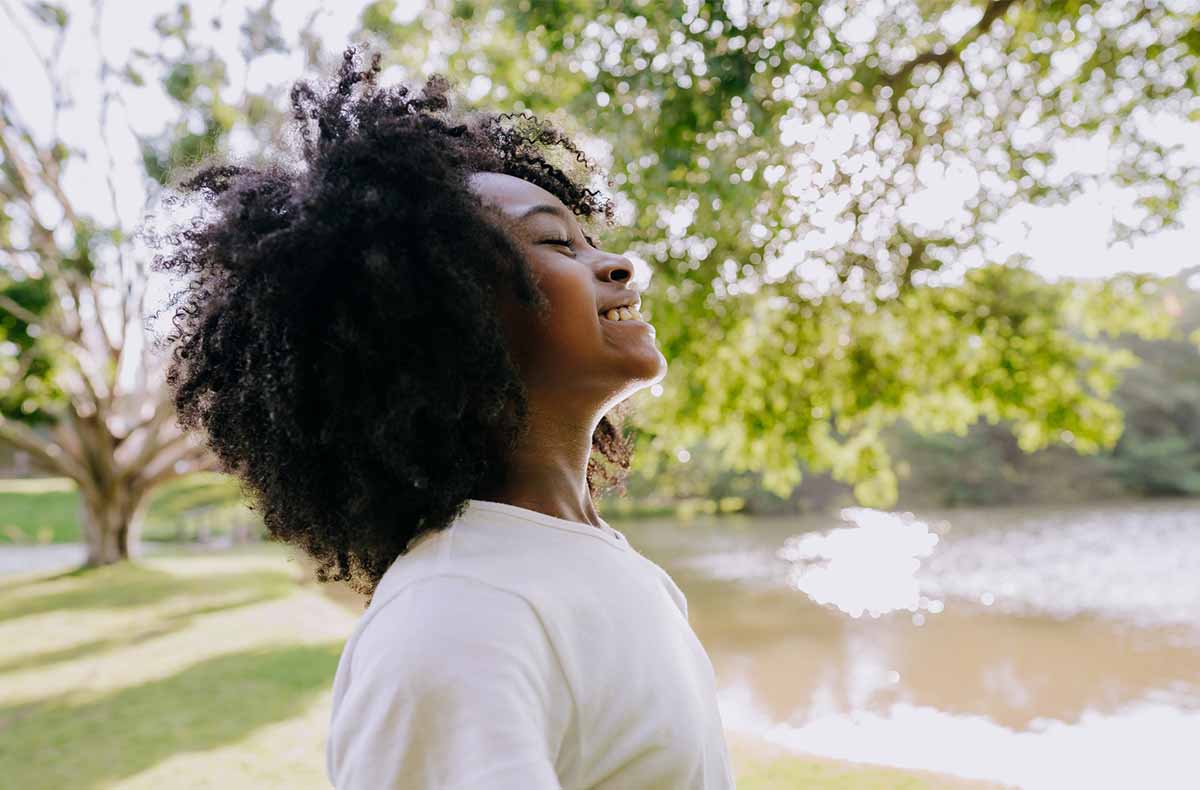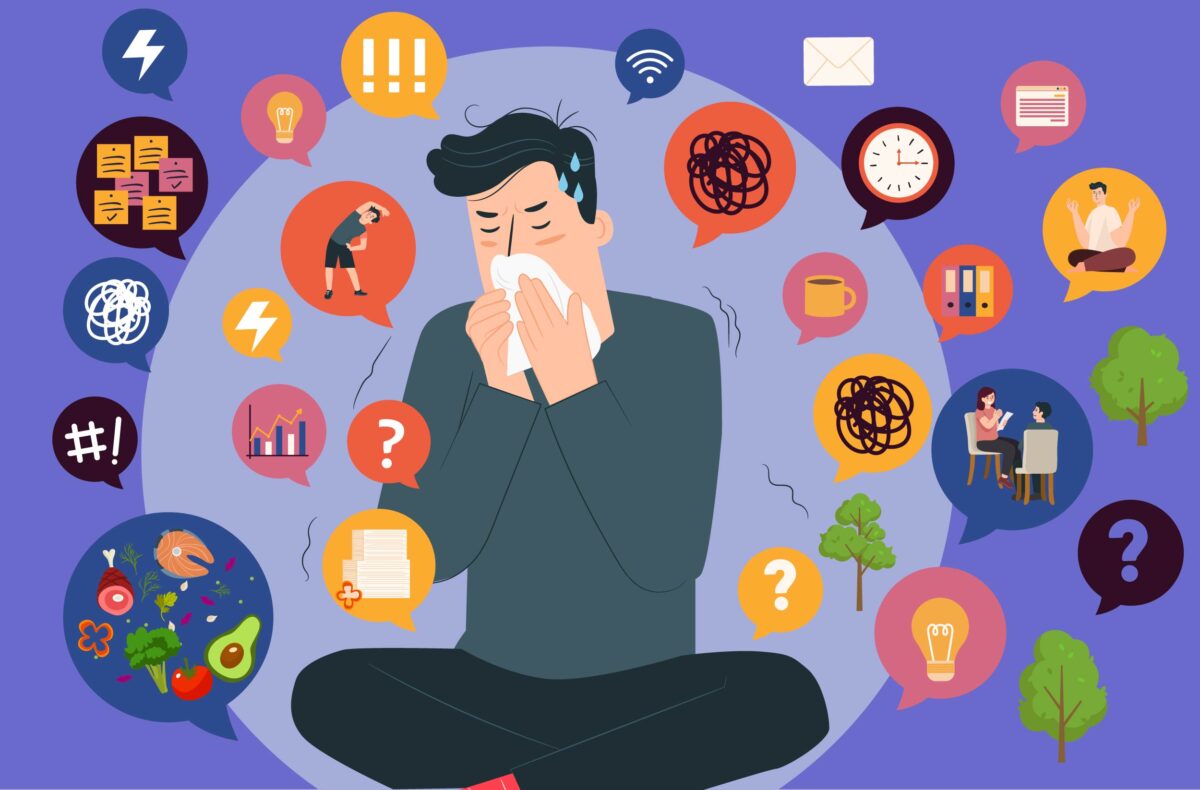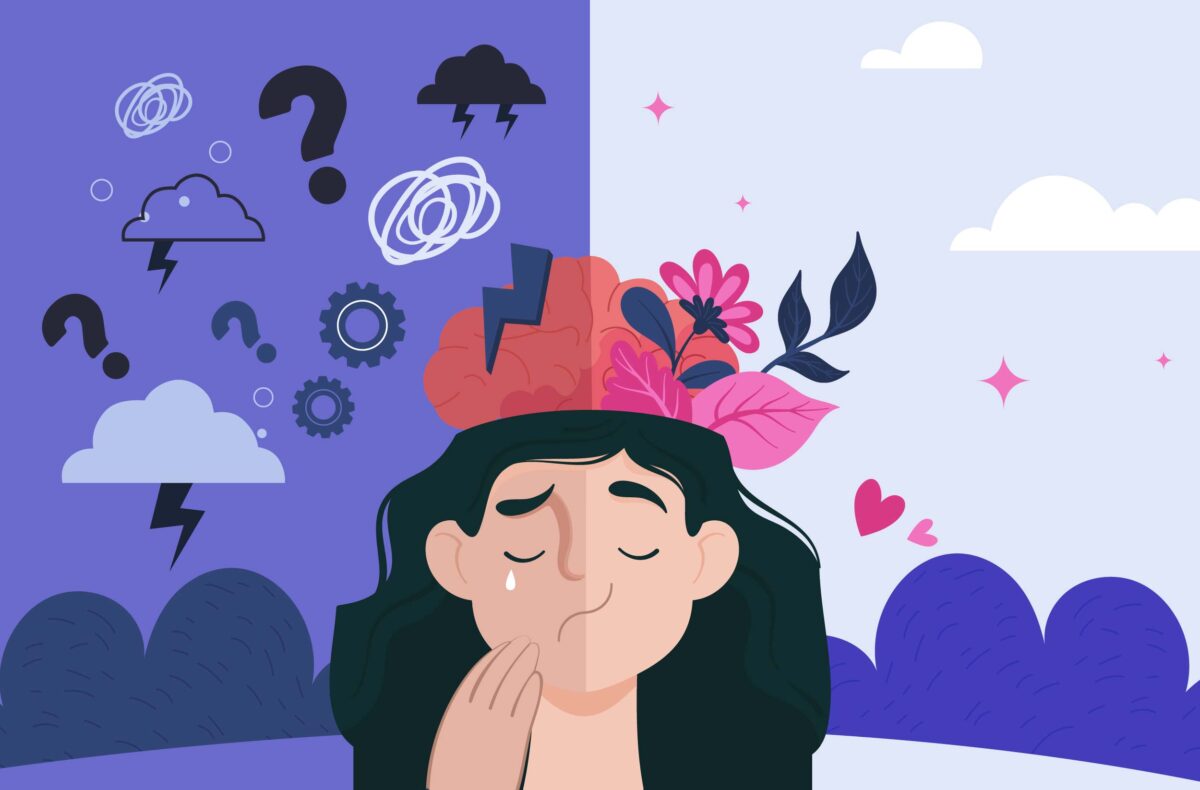
In Part 1, I shared how modern life is causing so much noise in our environs, and making it hard to make time and assign optimal headspace to the things that matter in our lives. But it’s not just about discarding everything and living like a Spartan. It’s more about prioritizing, intentional decision-making and having a clearer focus on what you value.
Living intentionally
You can think about living intentionally as a way of being more mindful in your choices. Making choices that are a true reflection of the life you want to live. Choosing to always act in support of your goals and values. For example, Kristina Gonzalez Sander, founder of In Bold Company, says living intentionally “feels like a sense of peace and ease. It looks like making purposeful decisions and creating boundaries. Not living for others, but for myself. Over the past couple of years, I’ve become more intentional about what I put in my body, how I spend money, and how I spend my time. I better understand myself and what I want.”
Many minimalists practice living intentionally by being intentional in their purchases and establishing rules about how they spend their money. This could include only making sustainable, ethical, and useful purchases. By living intentionally, we are holding ourselves accountable for our choices.
You might like to try out these writing prompts to help you embrace living more intentionally.
Having a positive and purposeful perspective
Minimalism instills in us the importance of a purposeful life, by helping us to reflect on the reason behind why we do things. This in turn builds on our ambition and helps us develop a deeper sense of meaning in our lives. When we focus on our why, it helps us to have the right attitude toward life. We need to have the right perspective toward our goals, work, leisure, and other daily activities in life in order to accomplish these things in a fulfilling way.
In the article The 10 Principles of Minimalism, Jack Krier reasons, “As soon as we work toward a tangible goal with a clear idea behind our endeavors, we will have the mental freedom to sustain our effort and to excel in what we do.” As a minimalist, this is an essential teaching, by having a positive and purposeful perspective toward our daily activities, we will be able to better perform those activities and be freed from many doubts and distractions that come to mind when we do act in a meaningless way.
Prioritizing your well-being
A pivotal aspect of being a minimalist is ensuring that you are prioritizing your well-being. This is fundamental because we benefit from mental clarity, energy, happiness, and more by maintaining our health. Our well-being goes hand in hand with being able to live functional lives.
“On this basis, a combination of physical fitness and mental serenity is an essential condition for a minimalist mindset,” states Jack Krier (2020). If we are striving to incorporate minimalism into our lives in efforts to bring out a balanced, fulfilling, and organized lifestyle, then we can not forgo the importance of taking care of our health. Minimalists commit to living healthier lives and make space in their schedules and routines to apply this principle.
Finding balance
Through minimalism, we are looking for ways to restore balance in our lives. We are searching for a healthy medium for all our wants and aspirations. So, by setting boundaries and pursuing pleasures within reason, we set a structure for balance so we aren’t overindulgent in one thing or another. When adhering to this principle of Minimalism, we are striving for a balance in how we spend our time, what we focus on, our possessions, our goals, and our relationships. This principle guides us in curating a life that is in harmony with our desires.
Finding balance in our lives is an ongoing process that will take time, effort and patience. Ronald L. Banks gives us insight into how we can strive for more balance in our lives through minimalism in his YouTube series.
Final thoughts
There are many ways to practice Minimalism, as its teachings can serve as a guide for all areas of life. This practice is not only about letting go of materials, nor is it only about how to live with less. It can be applied to different aspects of our lives such as our relationships, choices in entertainment, careers, and so forth. By adopting minimalist practices that best fit our lifestyles and goals, we learn to lead a life of purpose and free ourselves of all the things that don’t serve us.



